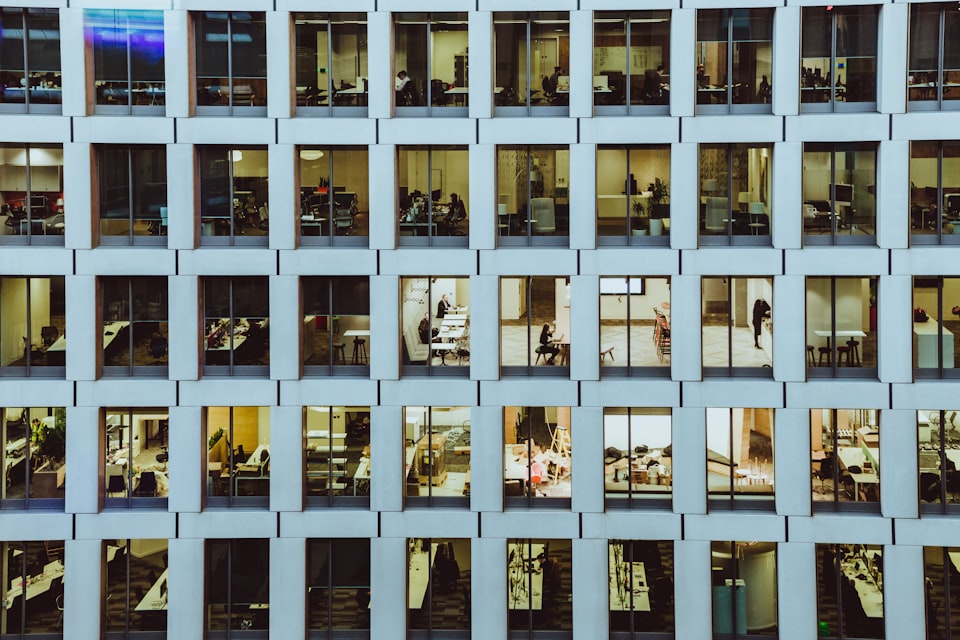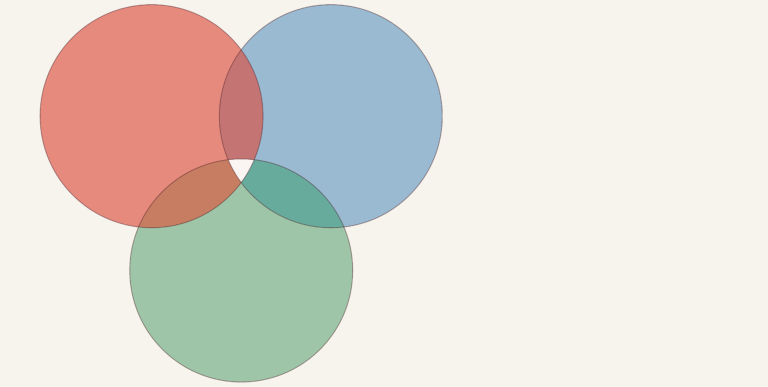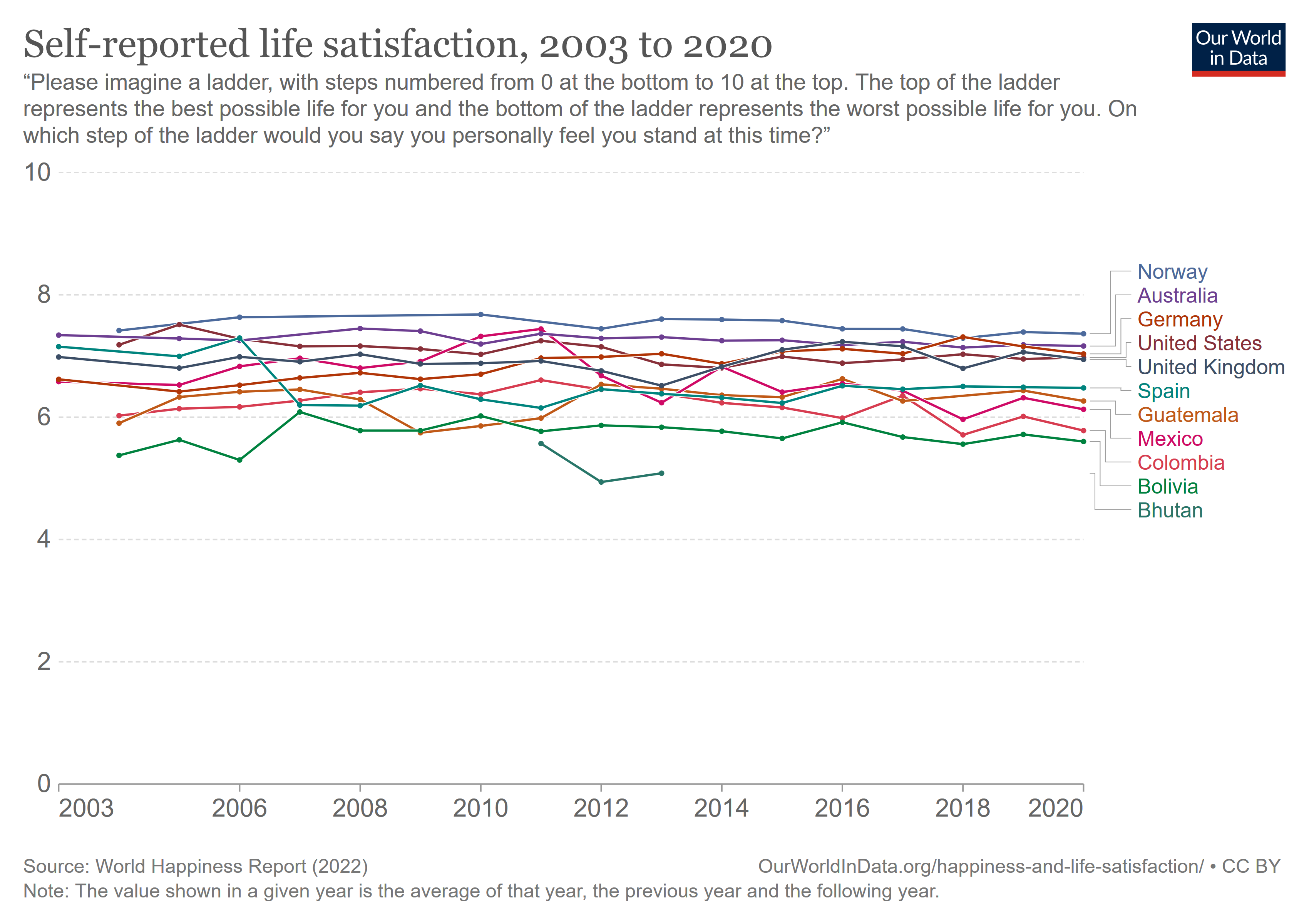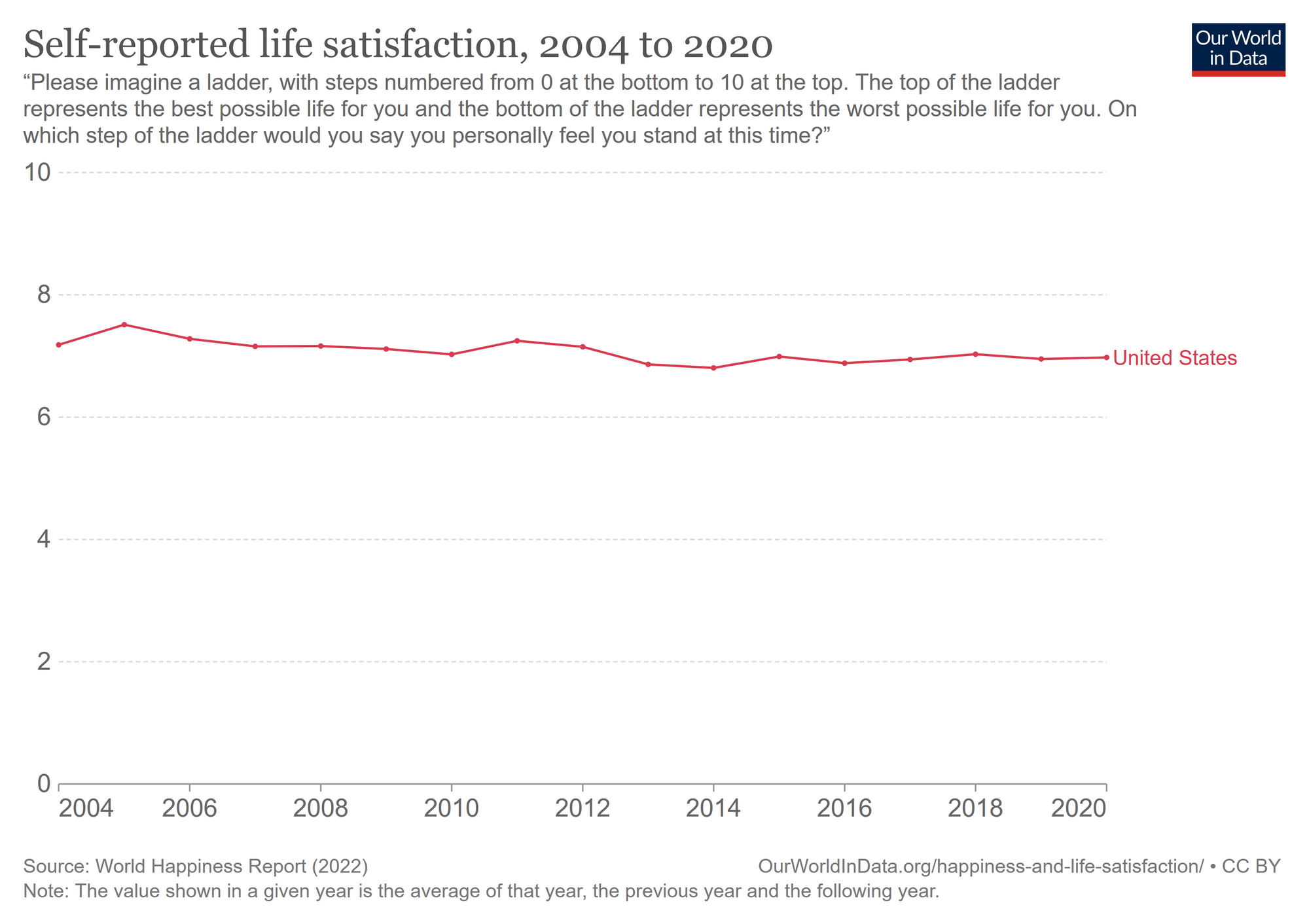drive to distraction

We live in a "time of distraction." I hear that repeated all the time, but I'm not quite sure what it means. My biggest question is, "What am I being distracted from?" When someone describes this "time of distraction," it seems to imply the existence of an "ideal" or "best" use of my time. For someone to tell me that I'm distracted, they must have some idea of what I should be doing with my time; however, they don't share that knowledge with me.
I further speculate that they're generally unaware of the actual basis of their statement. That is, when they say, "we live in a time of distraction," they don't actually know what they mean. When a society repeats, propagates, and believes statements without a solid basis in reality, we generally call it a "stereotype" or, in its less benign forms, "folklore," "old-wive's tales," "social misconceptions," or "bandwagoning."
Here, I'm going to ramble a bit as I explore why people might think we live in a time of distraction.
progress
I, like many people, enjoy complaining that things are getting worse. Unfortunately, the majority of people believe things are getting worse (see below for sources). In general, "things are getting worse" is a meaningless statement because the "things" are undefined and the basis scale of "worse" requires further specification. If we assume that the present-continuous verbal phrase, "are getting" provides the basis for "worse," we could expand the phrase to, "things [whatever they may be] are in a continuous state of becoming more bad than they were in the past." If that's what people mean when they say, "things are getting worse," then to understand what they're trying to communicate we must define what the "things" actually are.
So what are those things? I have no earthly Idea. Most of the time, when I complain about negative changes in modernity, I realize it coincides with times that I want to believe that the world is getting worse, despite every piece of evidence pointing to the contrary. Here's a great lecture on the topic:
Here's my favorite (very short) article on the subject from a great website. It's the same source that Steven Pinker used in his talk above, but this article is better at presenting a more nuanced view of how we should relate to the facts he presents:

Here's my interpretation, we should recognize and empathize with people who experience hardship while recognizing and celebrating that the hardships are not normal or even very common. In fact, universally, the hardships are decreasing in both frequency and severity. Even with that recognition, we should constantly strive to improve the world around us. That's the strategy I try to use when considering the state of the world.
satisfaction
So, now that we've established that this perception of worsening distraction happens in spite of the world getting better all around us, why do people feel so bad these days? Well... they actually don't. At least, they don't feel any worse than people did about two decades ago. Self-reported life satisfaction has stayed pretty constant across the past couple of decades.

Here's the US alone:

That's basically a flat line. Since 2014, there's actually been an upward trend! The average American's satisfaction in life is not decreasing.
make it personal
But maybe, despite the fact that the world is getting better and better every day, your world isn't. Maybe your world is actually getting worse and worse as the weeks drag on.
In the same vein as my post about "good" stressors and "bad" stressors, I'll post here about the Holmes and Rahe Social Readjustment Rating Scale. It's an idea that was made in 1967, but it's stuck around since then. Essentially, it was intended to predict illness based on recent life events. It wasn't very good at that, but it resonated very well with people. Anecdotally, this rating scale is a very good predictor of how stressed (or "how bad") someone feels about their life at any given time. You can read the original paper here:
And you can calculate your score here. Mine was ~490.

This provides context for why I might want to believe that things are getting worse. When I feel bad, I want to find a reason why. If I can't find a reason, I have to pin it on something. The first thing I find to pin it on is the near universal belief that society is degrading. However, since society isn't actually degrading and the world is constantly improving around me, it would be more reasonable to say, "I feel bad. There's not a simple reason for it, and none of the reasons alone can explain why I feel bad."
distraction
Here's a hypothesis: we have a pretty good idea of what we want from our life. We also have a pretty good idea of how to accomplish it. If you want to be an academic, study hard and produce insightful research. If you want to run marathons, run hard and eat right. If you want to become a famous musician, practice and perform consistently with increasing quality. We have very few limits on what we can become in our lifetime.
But there's a catch. Where once we were limited by the amount of high-quality information we could access, now we're limited by the amount of time we have to use the information. The tables have turned in the last two decades. When I started school, personal internet access was still a relatively novel concept. By the time I graduated from high school, I had taken courses online and gone through an entirely paperless college application process. Smartphones were the norm and access to social media was not only expected, but even required for some things.
Today, we have access to an infinite amount of information, but only a finite amount of time to consume, process, and react to it. If I were to make a very bold guess, I'd posit that our feelings of distraction don't stem from doing too many good things. I'd say they stem from knowledge that we could be doing more good things.
When we want to focus on one good thing, we have a million other good things we could do instead. We also have a million other less good things competing for our attention. We also have entirely neutral things that, because of their ability to take us away from the best things, we judge them as "bad." Of course, to round out the list, there are also a million bad things we could do.
Even though we're more productive today than we've ever been in history, we might be missing the good feelings that traditionally come with productivity. Specifically, if we aren't physically fatigued, or if we never reach a "flow state," we're unlikely to look back on our day and feel good about it. I could give my full attention and physical strength to producing 1,000 widgets on any given day. I would go home, and sleep well knowing that I'd done a good job.
The next day, I might produce 1,200 widgets through a more efficient method I invented. Because of my newfound efficiency, I have time to eat a really long lunch and play on my phone most of the day. I'll go home and feel like the day was wasted. Since I feel that my day was wasted, I'll look for a reason. That reason will be targeted against the only concrete things I can see: my food and my phone. Most likely, I'll blame my bad feelings on the "distractions" that my phone and food caused.
To put it another way, life became easier, so I don't feel good about it anymore. It knocks me off balance and changes how I perceive myself. Since I can't pin my bad feelings on something so vague, I'll blame modernity and all the things I use to fill my newfound, ample free time. That is, I feel bad when I'm not working, so I feel that it must be the fault of the things I do when I'm not working.
so what now?
Here are some brainstorms: I could attempt to be more objective. I could base my satisfaction off of measured productivity. Unfortunately, I hate that Idea. I don't want my productivity to dictate my feelings.
I could let my feelings vacillate with the current state of events. Some would call that, "being an informed citizen." However, since headlines intend to elicit fear and outrage, I don't want to allow them to have power over my day. Here are my previous posts about that:


So, I guess the best I can do is set a goal and chase it. That will remove feelings of distraction. The worst I can do is move forward and blame my bad feelings on the ostensibly worsening world.
subscribe to get email updates and support my work
Click the link below or the subscribe button at the bottom of the page to support my work and get an email every time I make a new post!





